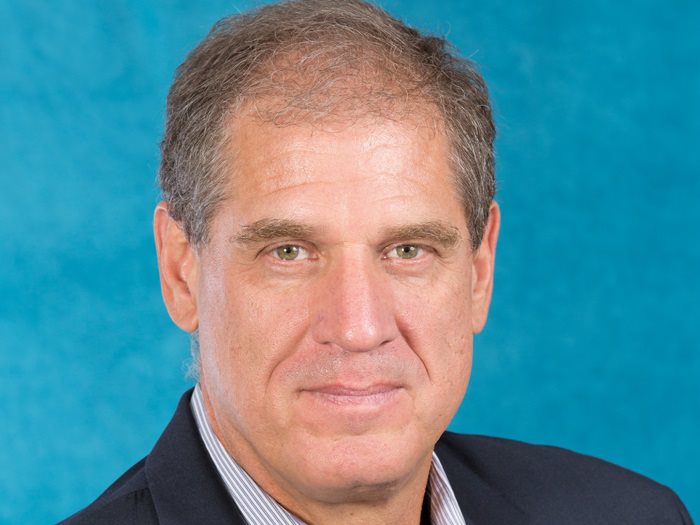Opinion | Is Your Corporate Culture Safe for Whistleblowers? It Better Be
Super Bowl LIV has come and past. The game of football is no different than any other sport. There needs to be a winner and a loser in the end.
Often the difference in becoming either is marginal. So, we need an arbitrator to keep things fair. Enter the sports official, the referee. Any time a player meanders outside the rules, we hear the shrill of a referee’s whistle.
Game officials are as much part of the game as any player, coach or sport staff. They are vital, in fact. They are our whistleblowers. Without them, it is easy to see how we could lose sight of what is legal and what is foul play. I can not imagine any sports game without the sounding alarm of the whistleblower.
In the game of corporate life, we know that internal checks and balances in our organizations and our governments could break down. We know that we could fail to play by the rules.
Hence why the shrill tone of the whistle alerting us to potential misdeeds is always welcome. Right? In some cases, I am concerned.
Why do I say this?
In our profession, we rely on watchful people. Rooting out risks and hazards relies on people often informing us of potentially dangerous or threatening situations. This is invaluable to us all being able to prevent or mitigate risks.
When someone sees smoke, we count on them to pull the fire alarm. When someone witnesses dangerous driving, we ask they inform the police. The trend leans towards encouraging people to say something, if they see something.
In all these scenarios, these individuals are risk management assets. They help keep insurance premiums in check and losses low.
Our attitude towards corporate or government insiders who speak out when they learn of wrongdoing or observe unethical behavior should be the same. Their inside knowledge is vital to mitigate all kinds of risks and losses.
Too often lately, however, I see our corporate and government whistleblowers get disparaged. They are shamed and referred to as a “snitch,” a “rat,” or an “informant.” This treatment ought to perturb all of us in the risk management community.
Language matters. A healthy risk culture matters, too.
A whistleblower who reports a wrongdoing is put in a vulnerable position. They are often motivated to remain silent. They are not immune to repercussion or retaliation. They face threats of loss of employment or even violence.
We cannot be short-sighted. We must make our whistleblowers feel safe within an organization. Our industry needs them. Disclosure of wrongdoing should be incentivized. Our C-suites ought to foster a non-punitive culture for those who speak out. Let’s remember, the most effective alarms are ones that make sound. &










